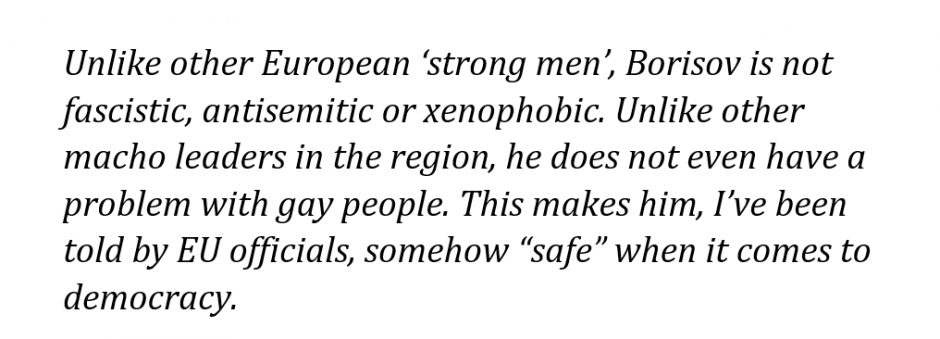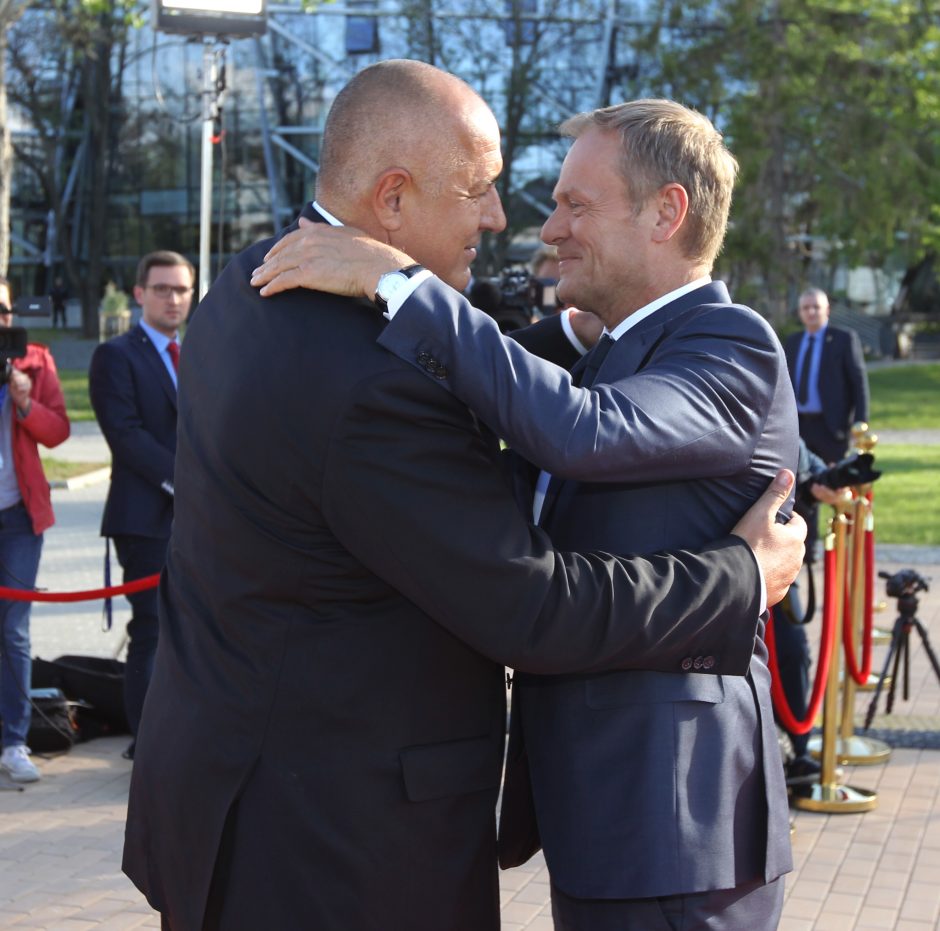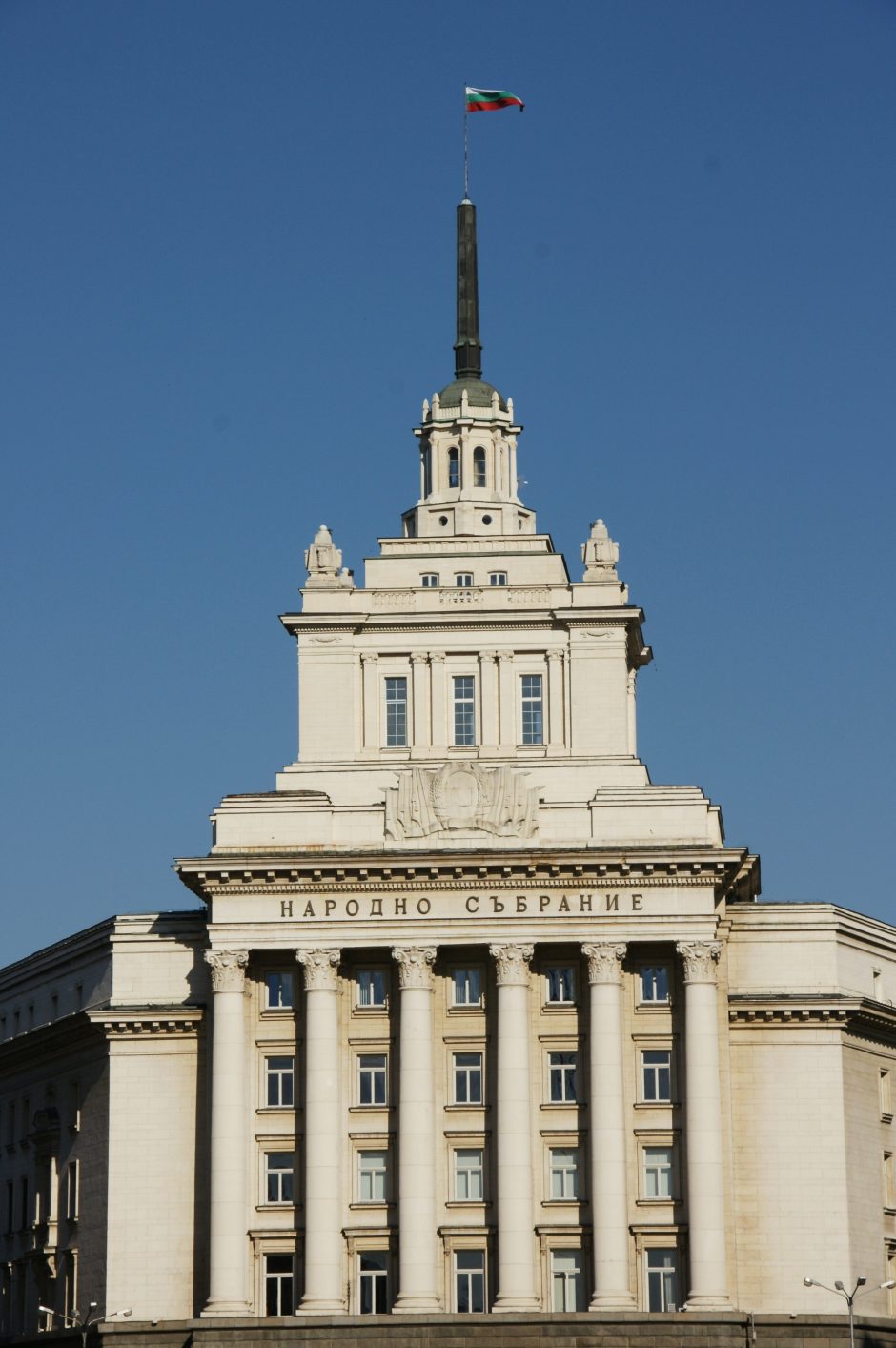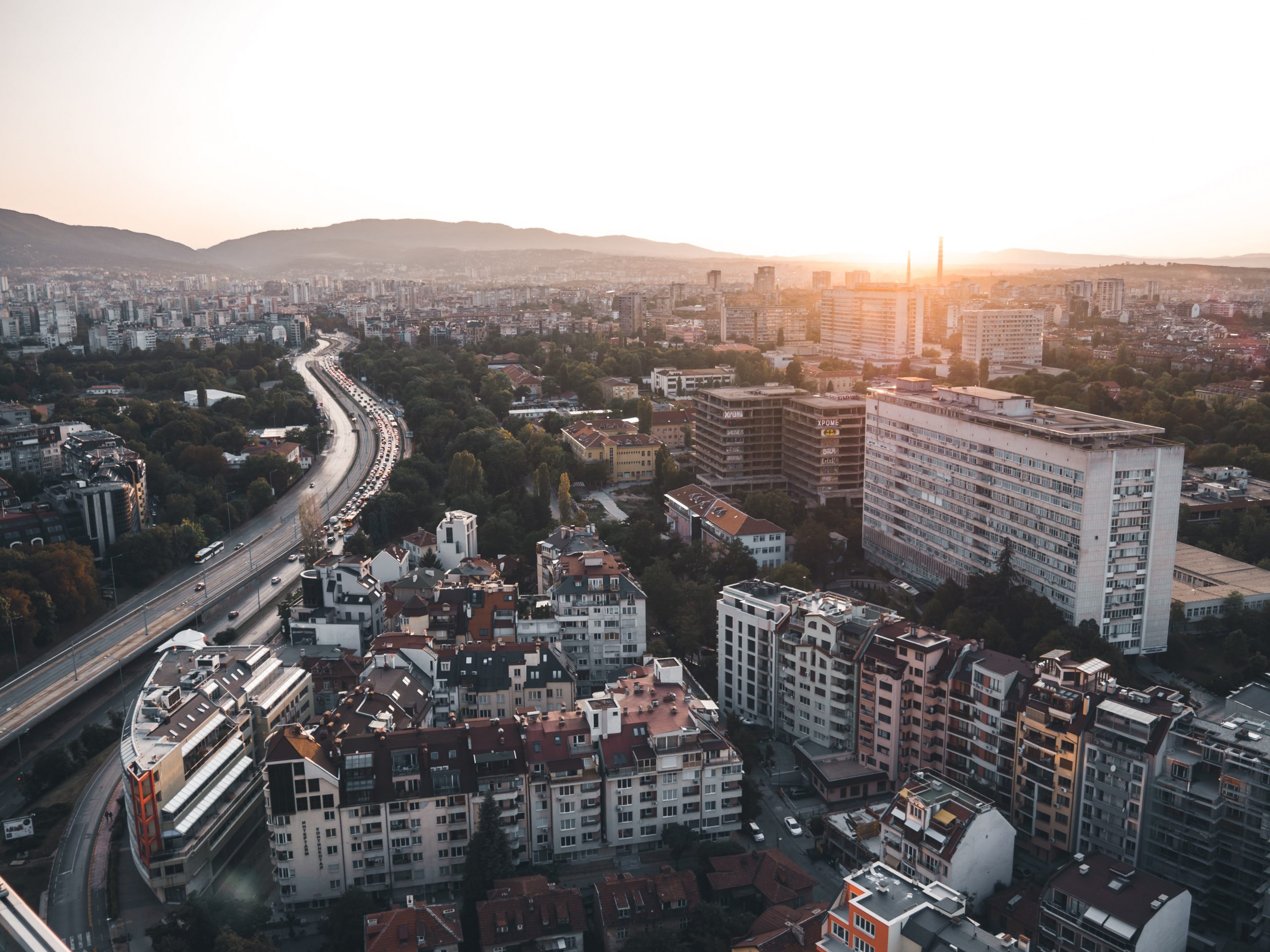Originally published in The Corruption Issue – The Disease That Keeps Growing by Utblick Magazine
Bulgaria has long been a forgotten member on the very South-Eastern border of the European Union. Bordering Turkey, Greece, Romania and North Macedonia the country is instrumental for one of the Union’s pan-European networks connecting the Middle East and the Balkans with the rest of the Union. Despite having been an EU-member since 2007, Bulgaria is still considered the poorest and most corrupt member state. Adding to this, the unprecedented demographic crisis that the country faces threatens the future of the country. Recent scandals relating to corruption, culminated in large anti-government protests. People poured into the streets with the hope of altering the course of action of the despairing political climate that has left hundreds of thousands of Bulgarians emigrating abroad in pursuit of alternatives.
Looking into the history
In order to make sense of the present it is useful to look back to the past. During the Cold War, Bulgaria was considered one of the Soviet Union’s fiercest allies, leaving the people tied to the Kremlin in a way that Yugoslavia managed to circumvent. Hence, when the Berlin wall came down in 1989, and Bulgaria ousted the communist regime, people were in the literal sense of the word, hungry from lack of access to food but also figuratively speaking hungry for Western living standards. The transition to democracy was to say the least – turbulent, with extortion and assassinations becoming everyday practices in politics and business. Even the post-communism prime minister Andrei Lukanov was assassinated for in turn having murky ties to the communist elite. Adding to this mayhem was also the fact that the communist party’s 45-year long rule had eradicated any alternatives to the ruling elite. Hence, during the transition period, the elite remained indirectly in control and they continued protecting their political and economic interests, described as a “patronage” democracy. As it has become clear with the years, it is a trend that spread throughout the Eastern bloc countries; yet it is a trend that for the moment being, seems to have affected and continues to affect Bulgaria more than any other member-state.
Boyko Borissov, a fireman by profession, is the incumbent prime minister of Bulgaria. During the turbulent transition years, he was appointed as the personal bodyguard of the late communist leader Todor Zhivkov. He quickly got familiarised with the political elite in the country and made a name for himself. Therefore, it did not surprise anyone when he, in 2005, became elected mayor of Sofia and in 2009 launched his political party GERB. His party has been in power ever since, with the exception of a tactically arranged interim government in 2013 and he is now on finishing off his third mandate. Although GERB at the European level, officially belongs to the European People’s Party (EPP), that includes Angela Merkel’s party, there have been no notable signs of Borissov and his party appertaining to the values set out for all EU-members such as rule of law or media independence. In an article published by Opendemocracy, an independent media outlet focusing on promoting democratic values, the author openly states that,

Yet he has time and time again been accused of embezzlement, favouritism, intervening in the judicial system and maintaining illicit relations with Bulgarian oligarchs such as Delyan Peevsky. At the age of 21, Peevsky without any prior experience became a MP for the Movement for Rights and Freedoms in 2001. This was when the party was centred around its founder Ahmed Dogan, who himself is known to have been a member of the former communist security service and the notorious elite. Delyan Peevsky, has since acquired a group of newspapers and media outlets including 13 newspapers, a few radio channels, two national TV channels and multiple printing houses; this excludes multiple, digital media sources that also belong to him. Furthermore, he owns Bulgartabac Holding AD, the largest Bulgarian tobacco exporter and several other enterprises, some of which are not disclosed to the public, making him the richest MP in the government. Boyko Borissov has at multiple occasions awarded national tender to Peevskyheld companies. Reporters Without Borders estimate that 80% of print media in Bulgaria is controlled by the oligarch-MP.

The future lies in the present
It is well-known that Borissov’s government allocates EU resources to media outlets under-the-table, with the wish of encouraging recipients to be pro-GERB. Just to illustrate the situation, Bulgaria and Romania both joined the EU at the same time, yet Bulgaria ranks 111 as opposed to Romania that makes it into the top 50 ranking [no.48] of the 2020 World Press Freedom Index. The EU, with this information in hand, continues to allocate funds to the country; while it is clear that there is no significant progress made on aspects such as independence of media, judicial independence, corruption and other values, that the EU “promotes”. Even the Bulgarian dissident, Petar Boyadjiev, who nowadays lives in France has in an interview iterated how Bulgaria although in Europe, could not be considered civilised enough to belong in the EU. He explains that it is saddening to see that the EPP continues to portray Bulgaria as prospering, when in reality, it is not. All the while, the ones that continue to suffer from this are the people.
The people, who for a long time had been going about their business were disrupted this summer when an opposition leader revealed how the previously mentioned Ahmed Dogan, who is associated with Peevsky, had enclosed a part of a public beach to build a giant hacienda. At the same time receiving protection from the National Service for Protection, without actually being eligible for it. This revelation that, 30 years after starting the transition to democracy the same people are still exploiting their power to enrich themselves, created a public outrage. People stood outside for days and nights, camping on the streets and barricading themselves in a peaceful manner. Yet the government managed to avoid the pressure of resigning and have since, continued their embezzling and misconduct. The resolution that the European Parliament adopted in response to the protests and the increased public demand for accountability, is vague and unrelieved. It states that violations exist but that Bulgaria, in broad terms, does comply with the goals set out for it. An MP from the ruling GERB party took the liberty to, during a session of parliament, confidently exclaim that, “We’re not worse than North Korea. In fact, we’re not worse than most European countries”. This if something, could act as an indication of the experienced remorse by those in charge when confronted with the conclusions from the resolution. It was considered an achievement by the protesting public to have managed to have the EU shed some light on the troubled reality in the country; yet it goes without saying that this is not enough for the situation to change, and sadly enough, the EU and the EPP knows this.
A nation fading away
The population crisis the country is facing is one that many other Eastern bloc countries are also facing. However, Bulgaria, being one of the few Balkan countries to have made it into the union, continues ranking the highest on the list of populations declining. The young capable workforce is emigrating in search of better wages, security, and rule of law. The National Statistical Institute said that the population shrank by approximately 50 000 in 2018 continuing a trend from previous years. The institute estimates that in 2050 the population will be 5.8 million and continue decreasing if the economy does not substantially improve.

There have been some efforts put into place to attract businesses and people from abroad, some of which have been successful. However, none of them seem to really address the main issue which is that the circle of corruption and malfeasance in combination with open borders, drain the country from the workforce. The country needs to improve its living standard. Even if there are business opportunities and they create formidable circumstances it will not improve if people continue preferring to leave.

This story is long, uncertain and prone to change, yet, if it is for the better or for the worse remains to be seen. It should be noted that Bulgaria has come a long way in comparison to thirty years ago but it is still lagging behind in comparison to its neighbours. Aware of the breaches that take place there, the EU should take an active stance in preventing embezzlement and other non-democratic practices taking place. As the opposition figure that triggered the protests expressed, ”If the EU were more aware of what is happening on its Eastern borders, it would be stronger”. Corruption is a disease, one that in the Bulgarian case could lead to self-annihilation unless the citizens with or without the support of Brussels, manage to turn the trend around.

